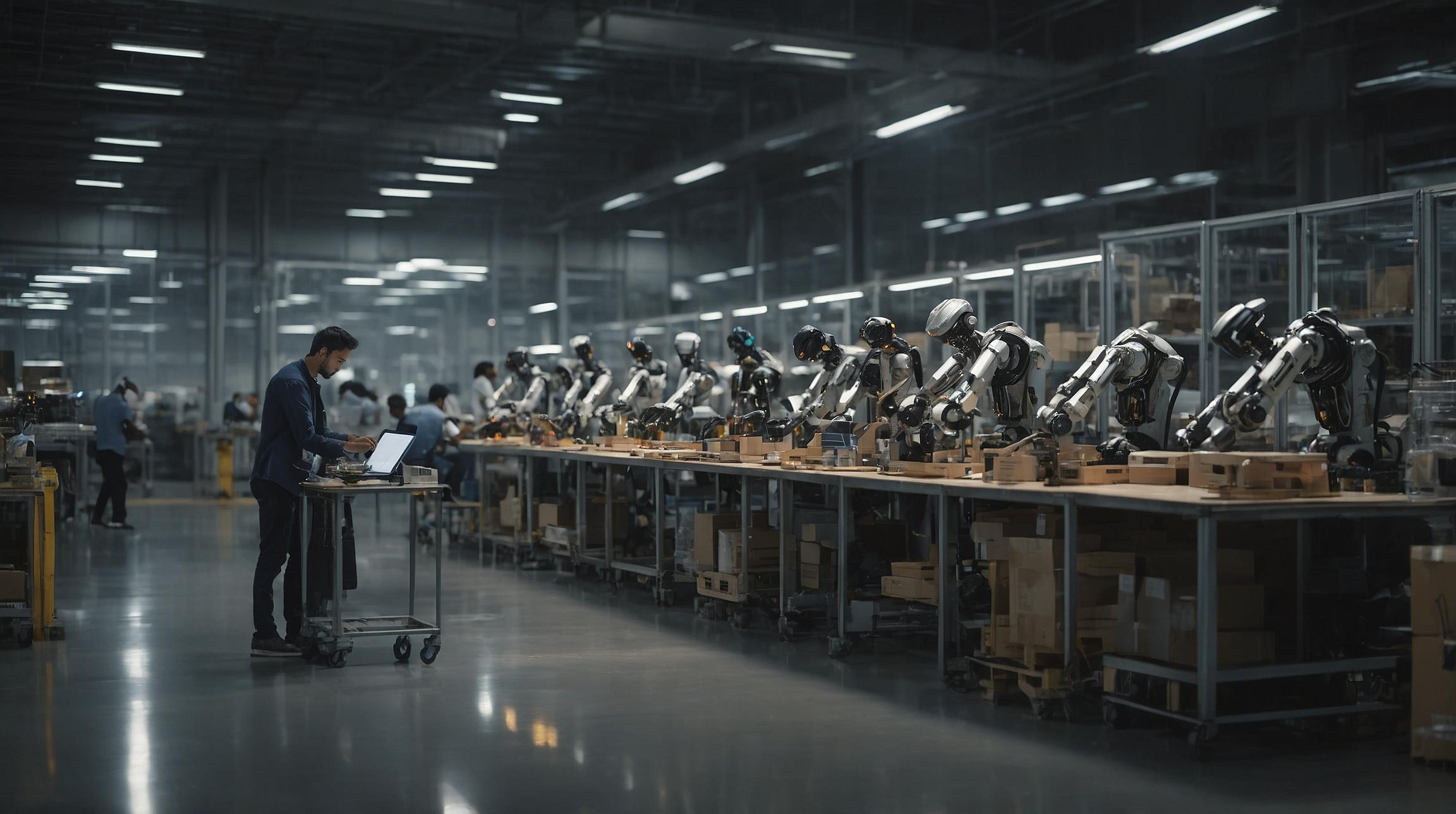The Exciting Possibilities of Generative AI, According to Tech Executives
Artificial intelligence (AI) has been one of the buzzwords of the year, and the emergence of ChatGPT in late 2022 has sparked excitement and predictions about the impact of generative AI in the workplace. Tech executives have shared their thoughts on how AI will change the way businesses operate in the coming years.
According to Sriram Thiagarajan, the chief technology officer of Ancestry, generative AI has opened up new possibilities for the genealogical site. Ancestry is experimenting with features that leverage large-language models to interpret and understand human language. They are using computer vision to automate the visualization of records, extracting information such as names, places, and relationships between people and locations. While Ancestry is excited about the potential of generative AI, they are also concerned about issues such as hate, abuse, and historical facts being misrepresented.
Vladimir Lukic, the global leader of tech and digital advantage at the Boston Consulting Group, emphasized the importance of experimentation when it comes to AI. He believes that the shelf life of many AI tools might not be very long, but the critical process of building AI capabilities helps companies address questions about responsible use, potential downsides, and data quality. Lukic also mentioned that some AI tools that were novel just months ago will soon become defaults, and companies need to be prepared to fine-tune their deployed AI models.
Salumeh “Sal” Companieh, the chief digital and information officer of Cushman & Wakefield, highlighted the centrality of AI adoption in the commercial real estate industry. Cushman & Wakefield uses AI to deliver insights to both real estate investors and tenants, enabling them to make informed decisions about the best spaces for their needs. While Companieh is excited about the transformative potential of AI in a field that often experiences gradual change, she acknowledged the need for transparency and data safety in AI adoption.
Dan Shapero, the chief technology officer of LinkedIn, discussed how AI is integrated into the networking platform. LinkedIn uses AI to help users write their professional profiles, providing personalized writing suggestions and coaching chatbots. AI also assists recruiters with personalized messages and job descriptions, leading to higher acceptance rates. Shapero believes that AI will lead to ideas that were once considered impossible, but he also emphasized the importance of responsible and ethical AI use.
Juergen Mueller, the chief technology officer of SAP, discussed how his company combines the strength of large language models with real-time, company-specific information. SAP focuses on cloud-based subscription services and aims to provide AI models with access to relevant know-how. Mueller mentioned that over 25,000 SAP Cloud customers are using at least one of their 130 AI scenarios. He emphasized the need for companies to invest time and effort into AI adoption to avoid divergence in society.
Chris Bedi, the chief digital information officer of ServiceNow, is pushing for an “AI-first” approach within the company. ServiceNow uses generative AI for employee and customer search, enabling faster work processes and better interpretation of information. Bedi believes that AI is essential for employees to do more meaningful work and has already seen positive effects on productivity. He emphasized that the value of generative AI is evident and compared not using it to using a typewriter when a word processor is available.
These tech executives’ insights highlight the excitement and potential that generative AI holds for businesses. From interpreting human language and automating processes to delivering insights and enhancing user experience, AI is set to play a significant role in shaping the future of work. However, responsible and ethical AI use, transparency, and constant experimentation will be crucial to harnessing the full potential of this technology and avoiding potential pitfalls.
Analyst comment
Positive news: The Exciting Possibilities of Generative AI, According to Tech Executives
Short analysis: The market for generative AI is expected to grow as businesses recognize the transformative potential of AI in various industries. Companies are experimenting with AI tools and investing in AI adoption to enhance productivity, deliver personalized experiences, and make informed decisions. However, responsible and ethical AI use, transparency, and constant experimentation will be essential for successful implementation and to avoid negative consequences.













